Stephen Munyakho Returns to Kenya Tonight After 14 Years in Saudi Prison
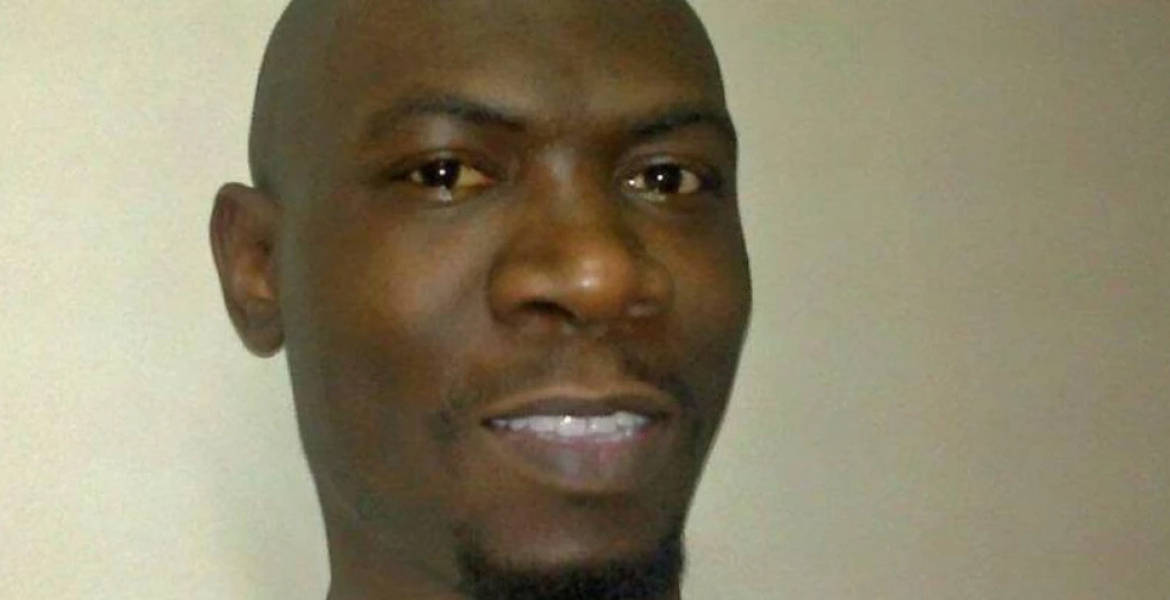
Stephen Munyakho, now known as Abdulkareem, is scheduled to arrive at Jomo Kenyatta International Airport at 11 pm tonight, marking his return to Kenya after nearly fourteen years of imprisonment in Saudi Arabia.
His release is the culmination of extensive diplomatic negotiations and a significant financial settlement, concluding a protracted legal battle that began in 2011. Munyakho’s ordeal commenced in April 2011 when he was implicated in the death of a Yemeni colleague during an altercation at a Red Sea resort where he worked as a warehouse manager. Initially convicted of manslaughter and sentenced to five years, an appeal saw the charge elevated to murder, thus subjecting him to the death penalty under Saudi Arabia's legal system. This sentence carried the threat of execution by sword, a fate that hinged on the acceptance of diyya, or blood money, by the victim's family. Diyya, under Islamic law, allows for clemency in capital cases, whereby the victim's family may accept financial compensation in lieu of execution. In Munyakho's case, the sum demanded was Ksh150 million, a figure that initially presented an insurmountable obstacle. Confined to Shimeisi Prison in Mecca, his future remained uncertain for several years.
The turning point came via a sustained diplomatic and humanitarian campaign spanning almost a decade. The Kenyan government, under the leadership of President William Ruto and Prime Cabinet Secretary Musalia Mudavadi, played a critical role in securing Munyakho's release. According to official statements, President Ruto personally appealed to Saudi Arabia’s Crown Prince Mohammed bin Salman, requesting a delay in the execution to facilitate diplomatic engagement.
Mudavadi formally communicated with the Saudi Foreign Ministry, initiating the process that ultimately led to Munyakho's freedom. Beyond governmental efforts, civil society, religious organisations, and the Kenyan public rallied in support. Key organisations, including the Supreme Council of Kenya Muslims (SUPKEM), the Kenya Conference of Catholic Bishops, and the Muslim World League, mobilised resources and influence to assist Munyakho.
In March 2025, the Muslim World League made a pivotal contribution, reportedly paying Ksh129.5 million—approximately $1 million—towards the diyya settlement. This financial intervention enabled the victim’s family to accept the compensation, thereby averting the execution. Foreign Affairs Principal Secretary Korir Sing’oei has been commended for his tireless diplomatic efforts, which included liaising with Saudi authorities and overseeing the issuance of an Emergency Travel Document for Munyakho, whose passport had expired during his imprisonment.
His return, initially scheduled for July 23, was postponed but is now confirmed.
The gravity of Munyakho’s release is underscored by the unwavering advocacy of his mother, veteran journalist Dorothy Kweyu. Her public appeals and dedication to her son's cause helped to galvanise national attention and support. The Bring Back Stevo Campaign, led by Joseph Odindo, further amplified the call for justice, attracting contributions from donors across Kenya.
Saudi Arabia's willingness to cooperate, as noted by Mudavadi, reflects a mutual respect between Nairobi and Riyadh. The concept of diyya, while unfamiliar to many Kenyans, proved central to the negotiations. Recognised in over 20 countries across Africa and the Middle East, diyya serves as a legal and moral instrument in cases involving death or injury, offering a pathway to reconciliation that transcends punitive measures.


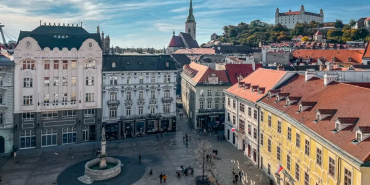
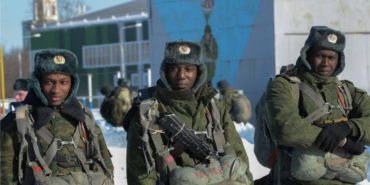
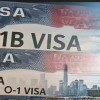
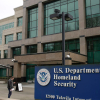
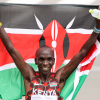
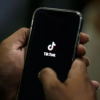
Add new comment